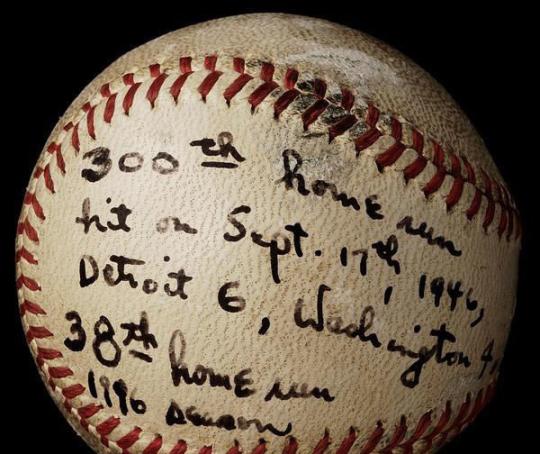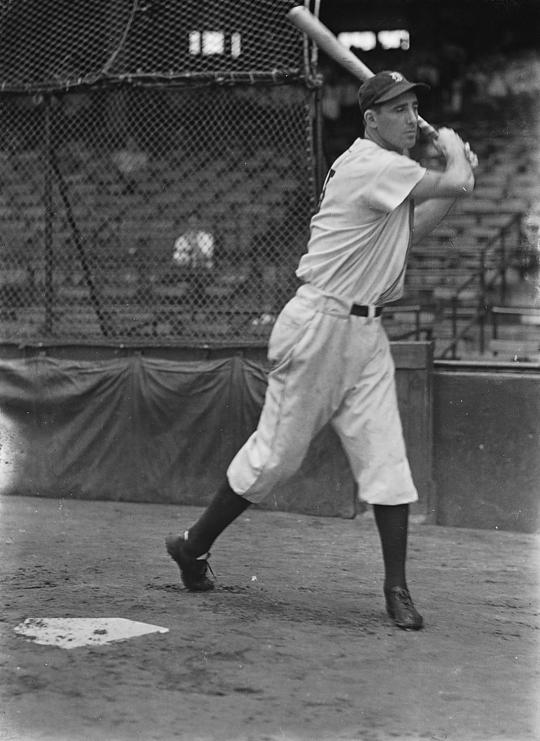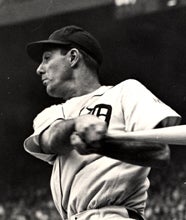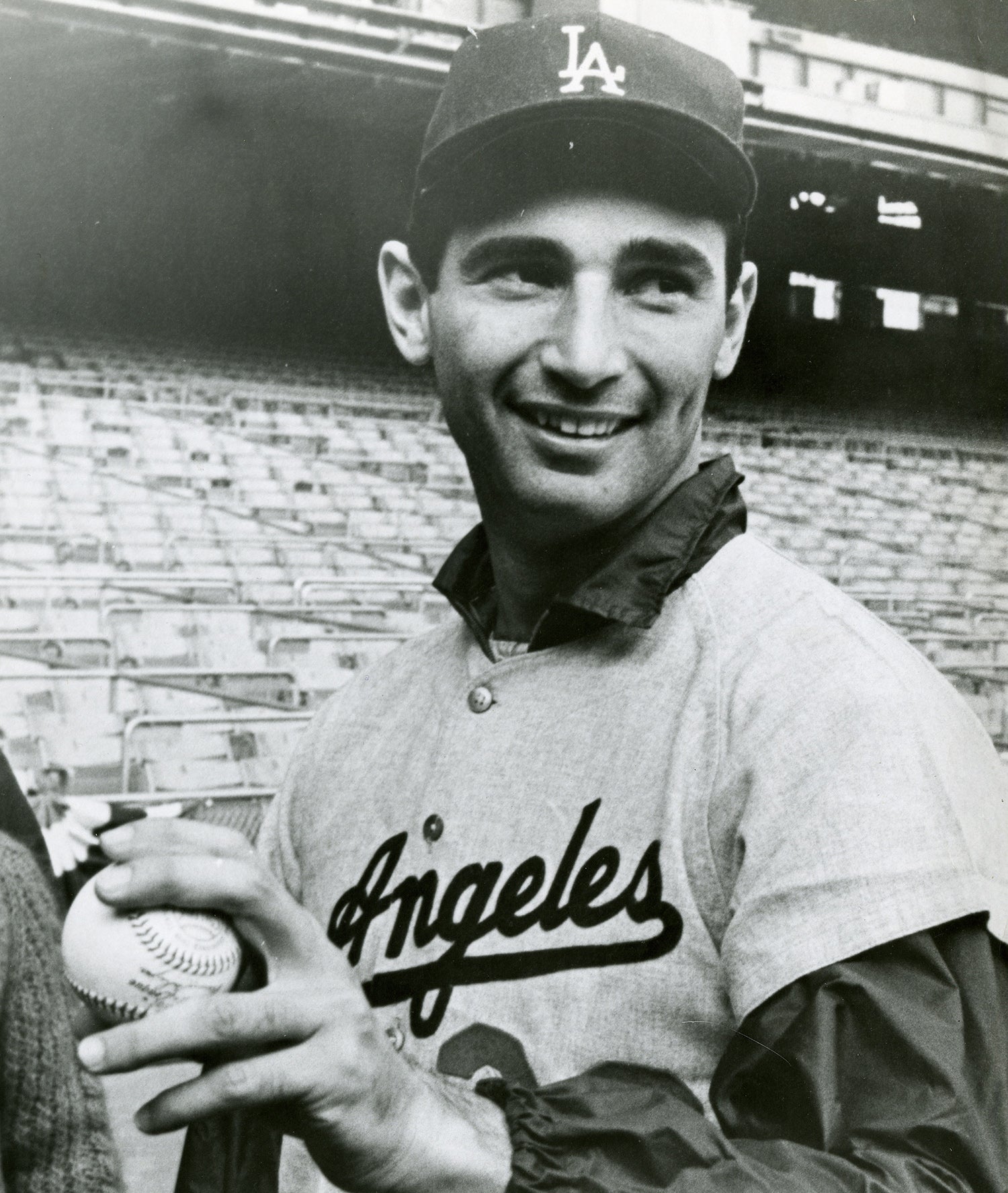- Home
- Our Stories
- #Shortstops: Greenberg blazed trails for Jewish athletes
#Shortstops: Greenberg blazed trails for Jewish athletes
When Sandy Koufax decided against pitching Game 1 of the 1965 World Series, the Los Angeles Dodgers surrendered seven runs to the opposing Minnesota Twins in the first three frames as Koufax’s Dodgers were beaten handily. Koufax, one of the all-time great Jewish athletes in American sports, refused to pitch on perhaps the holiest day of the Jewish calendar, Yom Kippur.
Al Rosen took four years out of his career to join the military and stand up for his personal beliefs after high school, and only after he enlisted did he ultimately begin his professional playing career in 1946. He immediately won the Most Valuable Player award in the Texas League in 1947, and went on to win the American League MVP in 1953 with the Cleveland Indians. Although he experienced some anti-Semitism, Rosen claimed he wanted his name to sound “more Jewish” so that everyone knew his background.
Hall of Fame Membership
There is no simpler, and more essential, way to demonstrate your support than to sign on as a Museum Member.
Shawn Green decided to sit on Yom Kippur in 2001 in the middle of his best season, the season in which he would eventually set the Dodgers’ single-season home run record with 49. He again declined the chance to play on Yom Kippur in 2004 for one of the two games the Dodgers played that day. In the middle of a tight playoff race, Green was mostly praised for staying true to his word and sitting out on the Holiday.
And the list goes on. Many Jewish ballplayers have decided to distinguish their playing careers from their personal beliefs and values. And for every trend, there is a trailblazer.
Henry “Hank” Greenberg was considered by many to be the first true American Jewish star athlete. The Tigers first baseman personified power, leading the American League in home runs in almost one-third of the seasons he played. His 1935 and 1937 seasons are still in the top 10 all-time for runs driven in. In 1938, he hit 58 home runs, still tied for the most out of all American League first basemen. And in 1940, at age 29, he won his second MVP award.
His contributions to baseball occurred in parallel with his contributions to Judaism. Often experiencing anti-Semitism, despite claiming not to strongly identify with his Jewish roots, he was a model of peaceful strength and resistance against the often hateful and oppressive baseball fans. He sat out during Yom Kippur in the 1935 season, drawing praise from many.
At arguably the peak of his playing career, Greenberg put down the bat and glove in 1941 to assist his country in a time of need. After mounting anti-Semitism and growing pride for his religion, Greenberg became personally involved in the war effort. He had previously used the war as motivation on the field, saying “every home run I hit was a home run against Hitler.” Originally serving for just a few months in the beginning of 1941, he was dissatisfied with the length of his term and the status of the war, and rejoined the effort after being discharged until 1945, questioning whether or not he’d ever return to baseball.
Greenberg eventually made his return to finish the 1945 season. In 1946, he showed little regression and led the league in home runs and runs batted in. It was on Sept. 17 that Greenberg hit his 300th career home run, making him the eighth member of this impressive club, and the third quickest player at the time to reach the milestone.
Greenberg’s 300th home run ball, pictured above, is preserved in the National Baseball Hall of Fame and Museum’s collection.
Jordan Cohn was a 2018 programming intern in the Hall of Fame’s Frank and Peggy Steele Internship Program for Youth Leadership Development
Related Stories
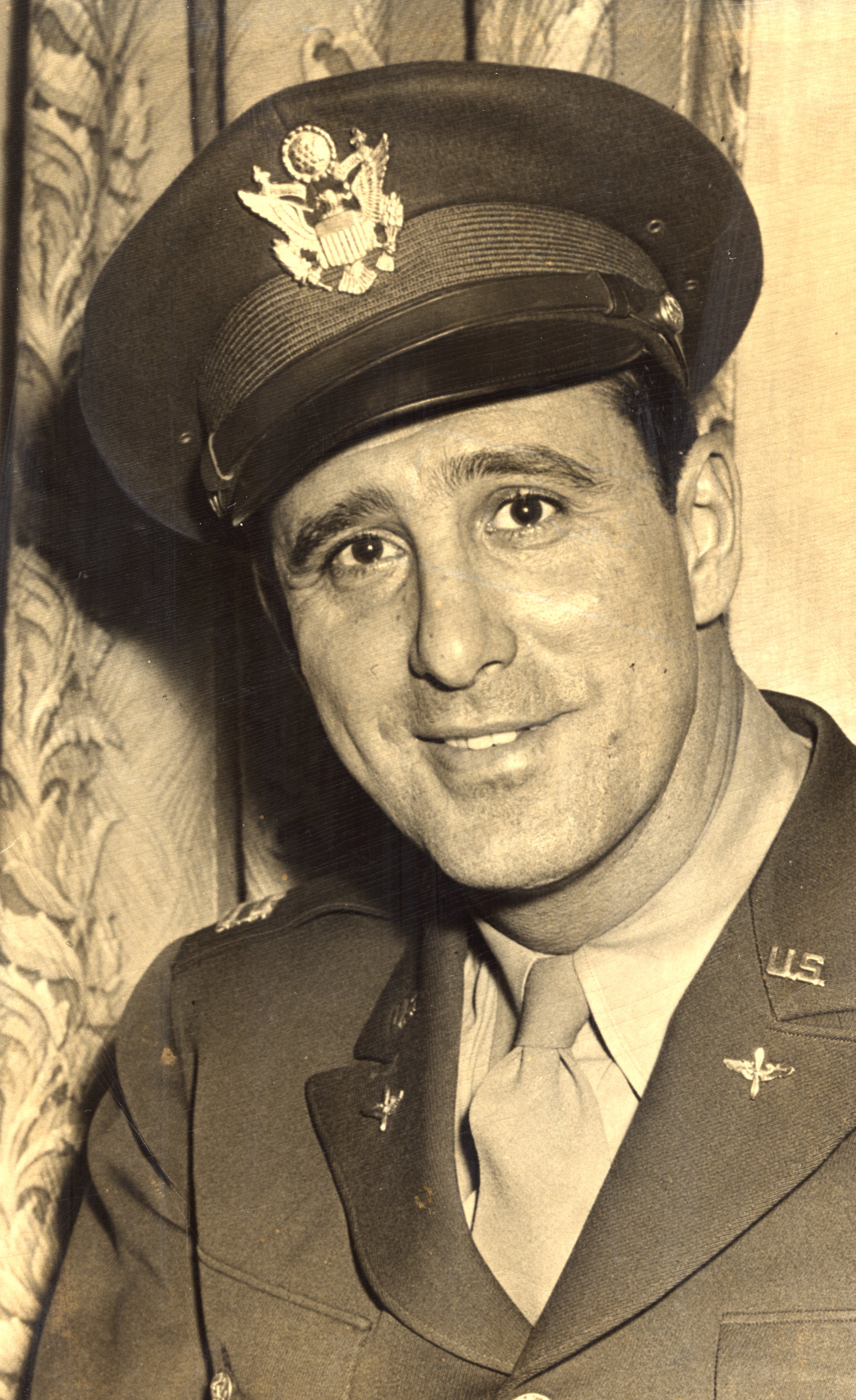
The Return of Hank Greenberg
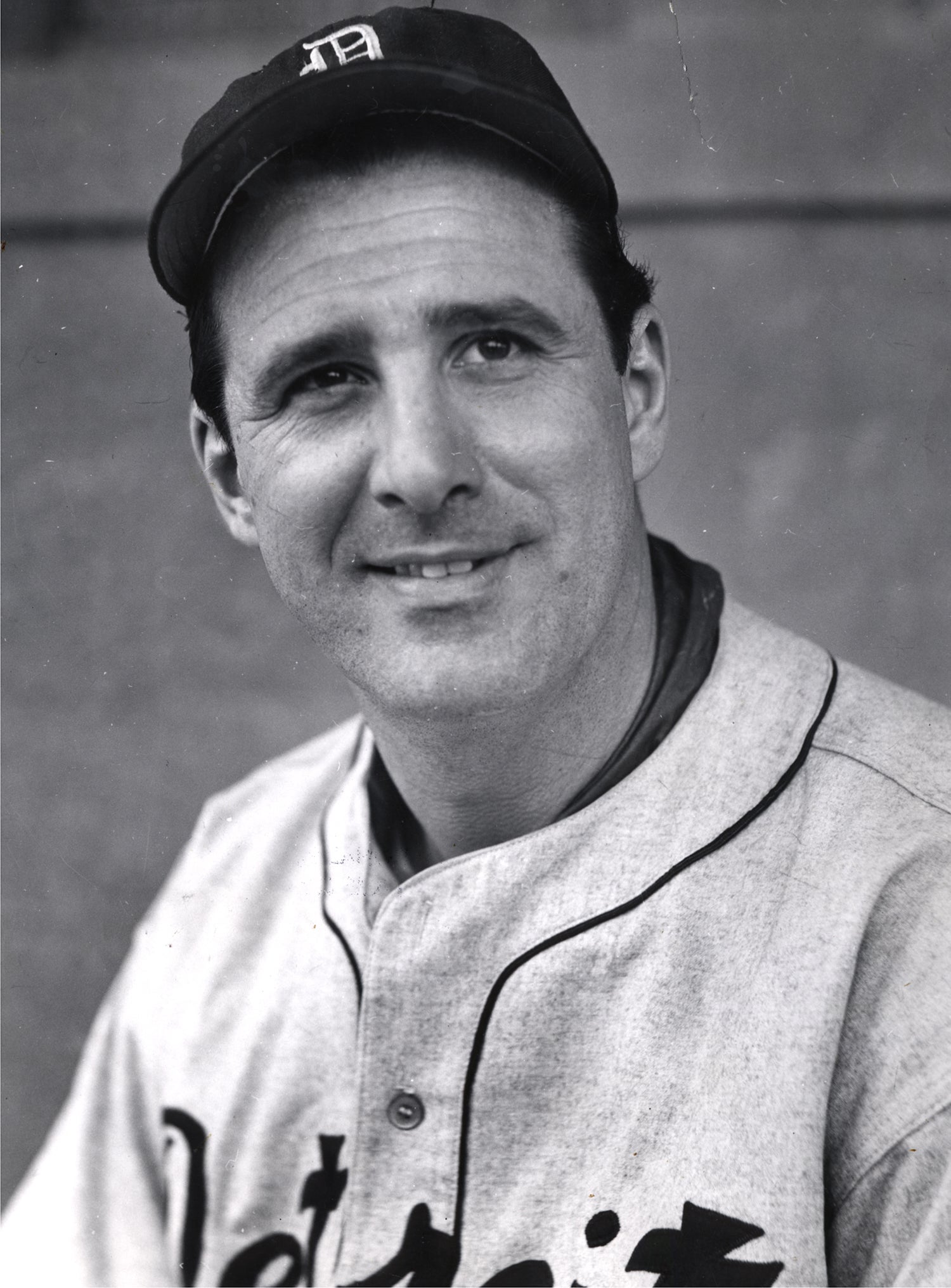
Tigers move first baseman Hank Greenberg to the outfield
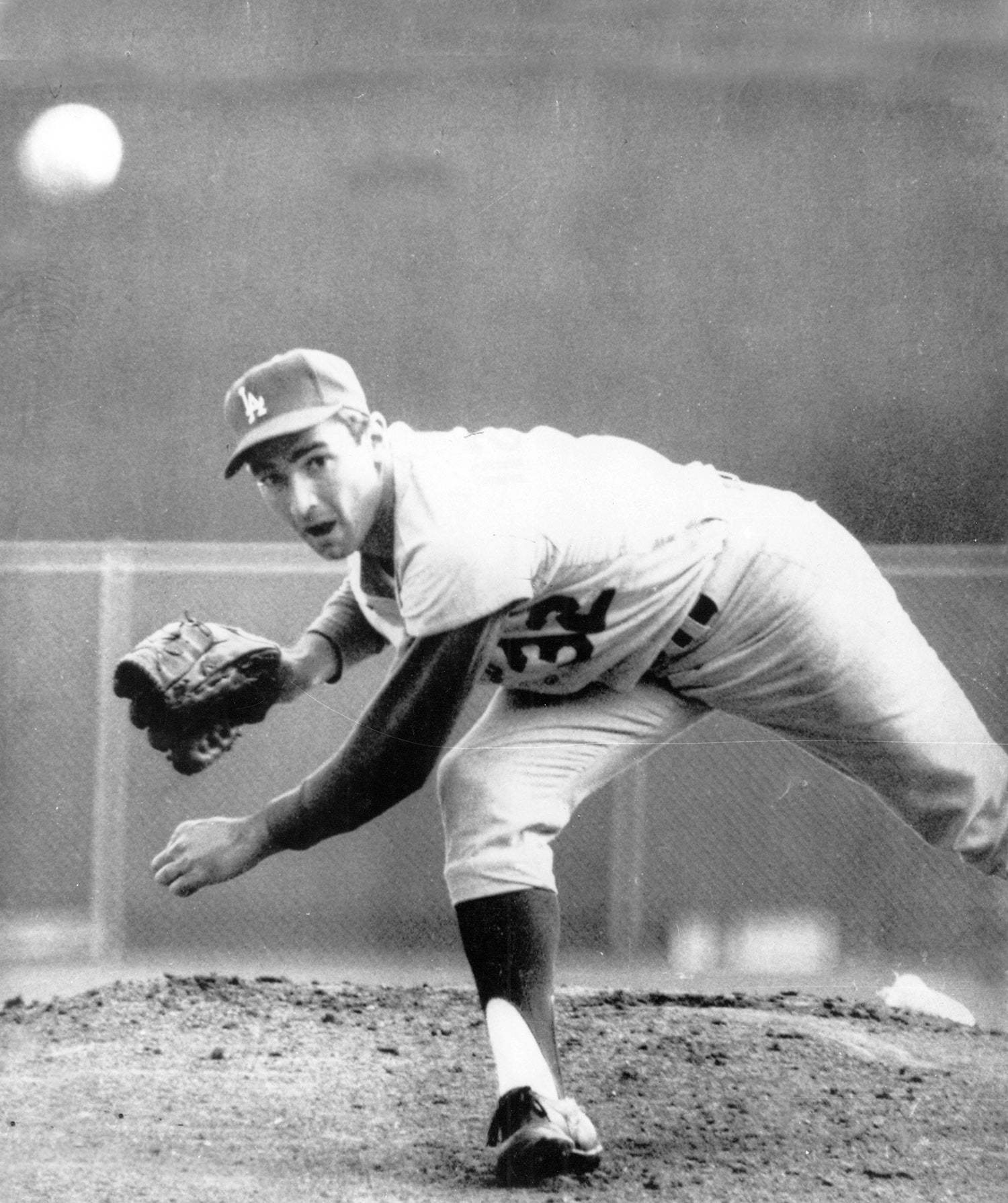
Sandy Koufax responded to a higher calling on Yom Kippur in 1965
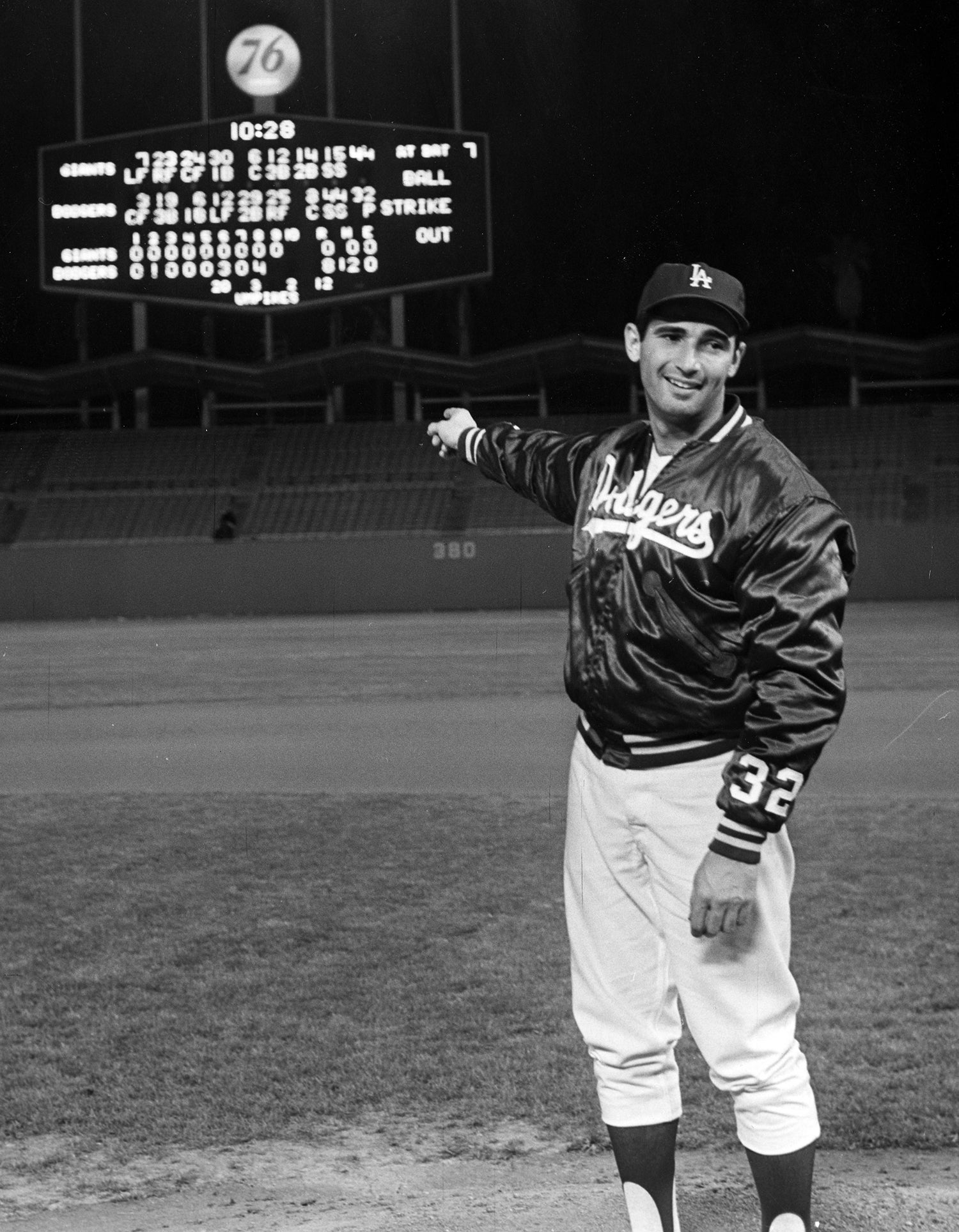
Koufax’s nearly perfect in no-hitter vs. Giants

The Return of Hank Greenberg

Tigers move first baseman Hank Greenberg to the outfield

Sandy Koufax responded to a higher calling on Yom Kippur in 1965


